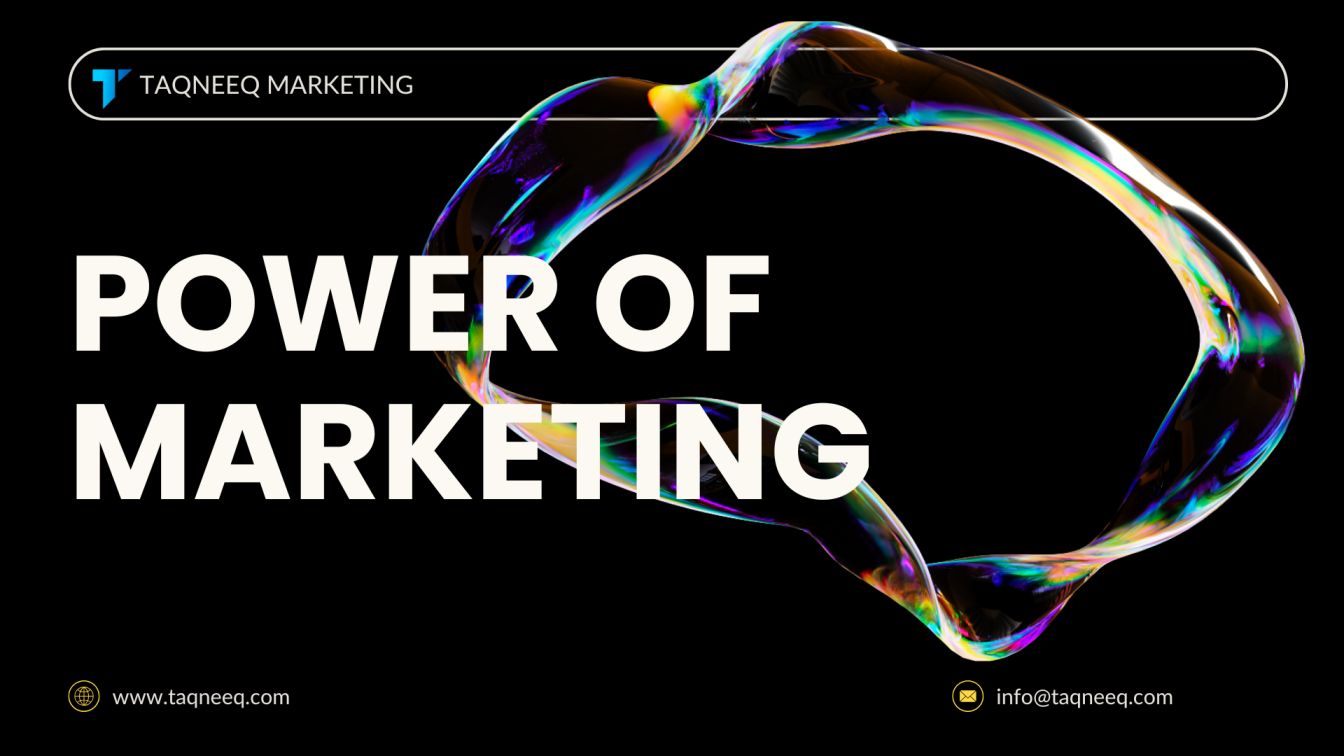The Significance of Brand Marketing to Business Development. The importance of brand marketing cannot be overrated in the contemporary competitive business world, as it brings about identity, perception, trust, and growth to businesses in all sectors.
What Is Brand Marketing?
Before getting into its relevance, it is important to define the concept. Brand marketing is a long-term approach that works on expressing your company’s story, identity, and communicating your values to your audience in a consistent way. Unlike in traditional marketing, where products or services are being promoted, brand marketing works on an upper level: it strengthens why your brand is important, not what it sells.
Why Brand Marketing Matters Today
In the present world of competition in business, businesses are no longer competing with product and prices but with perceptions as well. Customers want authentic brands that are stable and in line with their values. It is the reason why brand marketing is more important than ever. It helps companies to gain credibility, be memorable, and a long-lasting relationship exists in a world where time is very scarce and choices are endless.
1. Building Awareness and Top-of-Mind Recall
Awareness building is one of the paramount advantages- and one of the main reasons behind the importance of brand marketing. The best brand marketing will ensure that whenever other people think of a category (fast casual dining or smartphones), your brand is the first name they mention. This is what is termed as top-of-mind awareness and it can be of immense use in purchase decision making.
Properly designed brand marketing practices place your brand at the initial stage of a consumer decision-making process and increase the chances of being selected whenever the situation arises.
2. Creating Identity, Recognition, and Trust
Branding assists a business in shining. It creates a remarkable identity- visually, vocally, in values and message- that can be associated with by consumers. A powerful brand brings popularity; maintaining a steady appearance on the various platforms has been found to boost customer interest and interactions.
Additionally, trust is based on familiarity and consistency. Humans are attracted to familiar brands that they trust. This recognition is among the most important aspects that make brand marketing relevant.
3. Cultivating Loyalty and Long-Term Relationships
In addition to awareness, brand marketing fosters loyalty- another pillar that helps to establish the significance of brand marketing. Brand loyalty occurs when consumers experience an emotional attachment and in turn, keep using your brand even in the case that there are other substitutes.
The loyalty not only lowers the costs of acquisitions but also creates a strong customer base, which can maintain the growth in the long term. Brand-loyal customers make bigger purchases, refer others, and become loyal customers.
4. Differentiation and Positioning
Differentiation is crucial when the markets are saturated. Brand marketing enables firms to carve a niche identity within the minds of customers- be it in terms of quality, emotions, lifestyle, or value. This distinction highlights the need for brand marketing in spurring business growth.
Positioning is a strong instrument since the customers will not only remember what your brand will be selling, but they will also recall how it will make them feel.
5. Enhancing Marketing Efficiency and ROI
High brand equity enhances the efficiency of the entire marketing activities. Premier brands’ prices are high, promote brand extensions, and optimize returns along touchpoints.
Primarily, another value of brand marketing is in the simplification of the marketing expenditure, enhancement of ROI and facilitated growth into new categories or products. A popular brand will cut the efforts required to launch new products since the customers already have confidence in the parent brand.
6. Emotional Engagement and Cultural Relevance
The current consumer appreciates brands that touch the heart and are in line with cultural principles. Emotional branding builds loyalty- buyers tend to be more loyal and will refer to such brands, which they are emotionally connected to.
Moreover, the brands that are in touch with trends and cultural movements in society create stronger ties. All these points support the reasons why the significance of brand marketing goes beyond logos and slogans to emotional appeal and cultural presence.
Why Brand Marketing Drives Growth
We can deconstruct the role that brand marketing can play to drive quantifiable business achievement:
Memorable Identity Drives Growth
A stable brand strategy makes voice and image come to life, creating recognition, credibility and loyalty in the long run.
Brand Equity Powers Profitability
Strong identity and recognition allow the brands to acquire customers cost-effectively and maintain a premium price.
Emotions Drive Advocacy
Emotionally connected customers remain longer, increase their spending, and even refer their friends to other customers.
Cultural Relevance Drives Impact
It can be a significant enhancement to the relevance and engagement of a brand when it is done in an authentic manner because it is correlated with cultural trends.
Positioning Powers Growth
Differentiation positioning enables brands to take ownership of a unique mental space and protection against commoditization.
Business Growth Through Brand Marketing
In its essence, brand marketing is important because it:
- Create recognition and memorability- be the first brand customers mention.
- Create loyalty and identity- by engaging in memorable messaging and values.
- Foster loyalty- repeat purchases and less expensive acquisition.
- Stand out against the competition by stating a distinct positioning.
- Improve efficiency- reaping the maximum returns on marketing investments.
- Engage the emotions and cultural relevance- resulting in advocacy and resonance.
These are all combined to establish a strong stance in long-term business growth and stability.
Final Thoughts
Companies that intend to make the most of the importance of brand marketing ought to:
- Make their brand story, values, and voice different.
- Be consistent across the channels and platforms.
- Create emotional and cultural relevance.
- Track awareness, loyalty, and positioning indicators.
- Allow brand identity to inform all marketing decisions- not only product-specific marketing.
Well-implemented brand marketing becomes more of a supportive role, which can turn out to be a growth engine. It is not merely selling products but developing relationships, creating perceptions, and in the long run making your business successful.
FAQs
1. What is the overall aim of brand marketing?
The primary objective is to develop a good identity and emotion that will attract and retain customers.
2. What is the difference between brand and traditional marketing?
Marketing of a brand concentrates on long-term recognition and loyalty, whereas traditional marketing usually concentrates on short-term sales.
3. Is it possible to market brands to the businesses?
Yes! Even small businesses can be distinguished and compete with the help of a clear and consistent brand.
4. What is the lead time before brand marketing sees results?
Recognition and trust are usually achieved over time, months or even years but the reward is long-term.
5. What are some brand marketing strategies?
The examples are storytelling, regular visuals, social media presence, customer experience, and influencer partnership.



